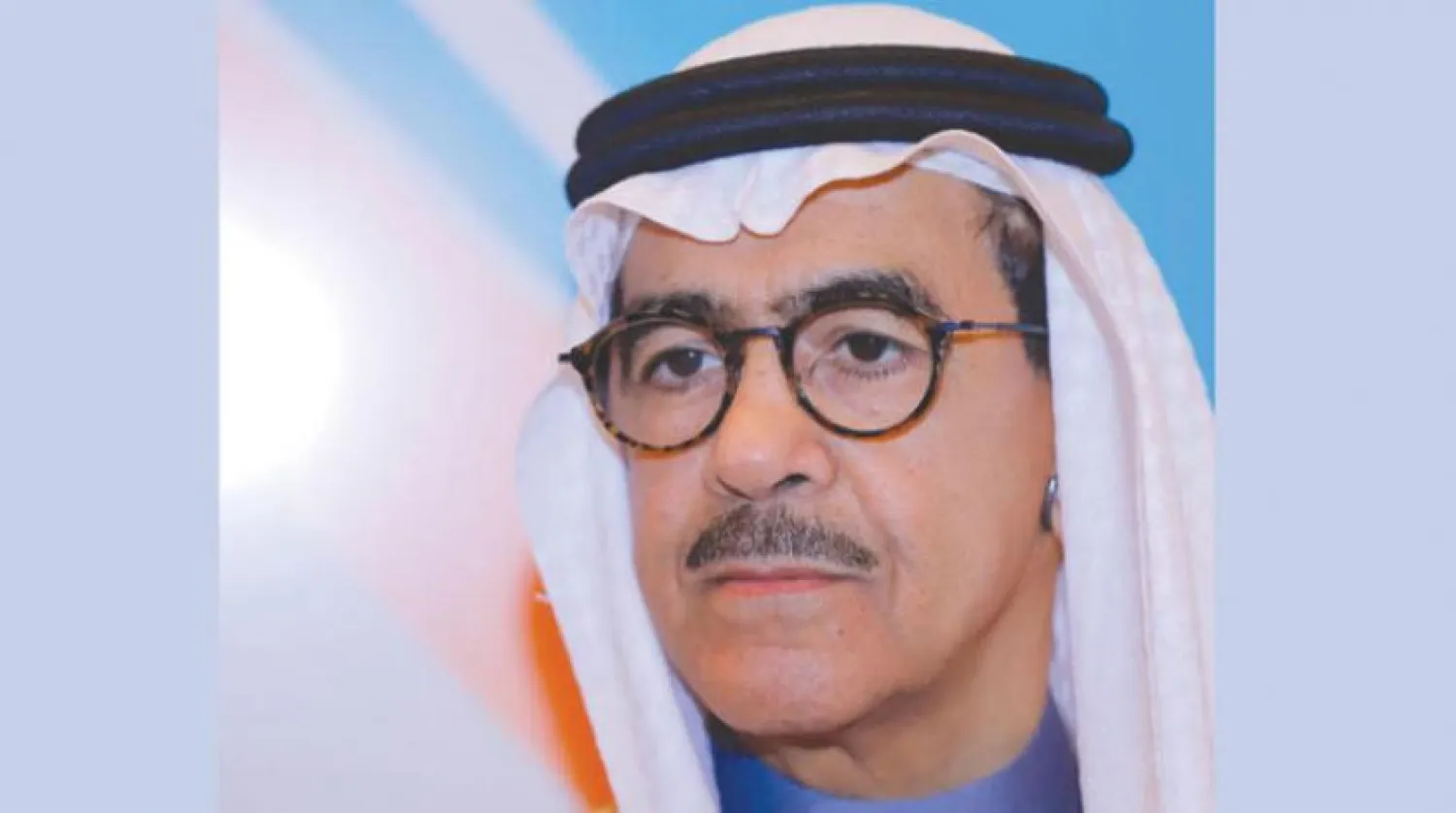The Saudi-British Forum on renewable energy technology and water desalination will be hold Wednesday in Riyadh to discuss possible means of diversification and sustainability in the energy sector.
Nasser al-Mutawa, the co-chairman of the Saudi British Joint Business Council, said that the coming years will witness a joint Saudi British activity through unveiling joint investments worth UAD100 billion in 10 years based on a prior agreement.
In this regard, Mutawa revealed that Saudi Arabia and the UK agreed during the visit of Saudi Crown Prince Mohammed bin Salman, Deputy Prime Minister and Minister of Defense, to the UK in March on launching mutual investments.
The forum is held in participation of the Council of Saudi Chambers, the Ministry of Energy, Industry and Mineral Resources, the General Investment Authority, the Renewable Energy Project Development Office (REPDO), SABIC, Electricity & Cogeneration Regulatory Authority (ECRA), ACWA Power and a number of a private sector companies, Mutawa added.
Around 20 companies specialized in renewable energy, water desalination, solar energy solutions, wind, and legal and consulting services will participate from the British side.
By 2030, the kingdom aims to produce 60 gigawatts of renewable energy, in which 40 gigawatt is solar energy and 20 gigawatts is wind energy in addition to other sources, he said. Mutawa continued that the kingdom is keen to establish a sustainable energy sector that includes industries, services, localizing techniques and qualifying human cadres.
He added that King Abdullah City for Atomic and Renewable Energy, the Ministry of Energy, Industry and Mineral Resources and REPDO are working on reaching these targets.
Mutawa noted that the forum is also intended to foster SMEs in both countries to work side by side with potential investors to help renewable energy and technology sectors in achieving sustainability.
Currently, there are 6,000 British firms working with Saudi Arabia and 200 joint firms worth GBP11.5 billion amid expectations that 2019 will see an increase in joint investments and trade exchange.









